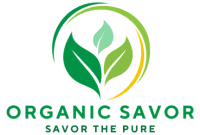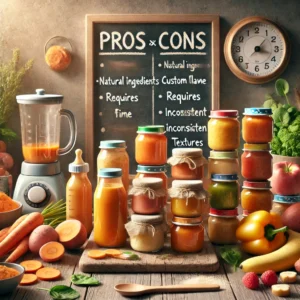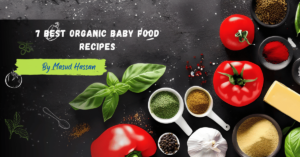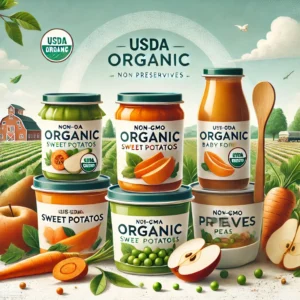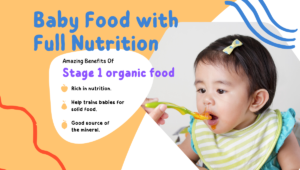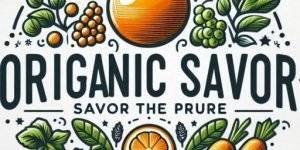In recent years, organic food has gained popularity among consumers, who are becoming more conscious of what they eat. As more people lean toward healthier lifestyles, a common question arises: Is organic food safer and more nutritious than conventional food? 🥦 Let’s delve into this topic and understand whether organic truly stands out.
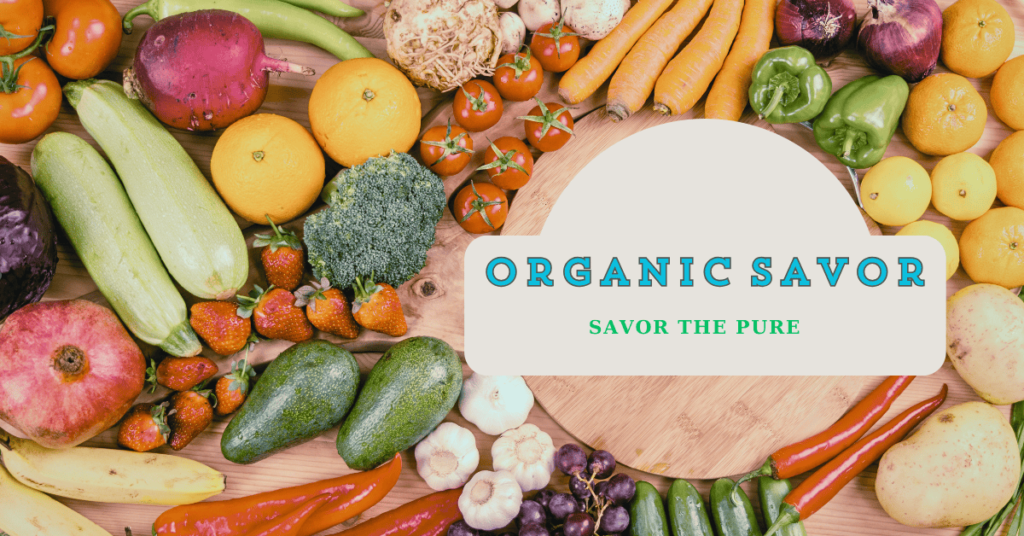
What is Organic Food?
Organic food refers to products grown without synthetic pesticides, chemical fertilizers, genetically modified organisms (GMOs), or ionizing radiation. Organic standards mean animals are raised without antibiotics or growth hormones and fed organic feed.
Organic farming practices promote:
- Environmental sustainability
- Soil fertility
- Biodiversity and ecological balance
Is Organic Food Safer? 🤔
One of the primary reasons people choose organic is the perception that it is safer. Here’s a breakdown of why organic food may be considered safer:
1. Fewer Pesticides and Chemicals
- Organic food is grown using natural methods, meaning fewer chemical residues than conventional farming.
- In many studies, it has been found that organic produce contains significantly fewer pesticide residues than conventional produce.
- Reduced exposure to synthetic chemicals may lower the risk of health issues like hormone disruption, certain cancers, and allergic reactions.
2. No GMOs (Genetically Modified Organisms)
- Organic standards prohibit the use of GMOs, which some argue may have unknown long-term health. effects.
- Although GMOs are deemed safe by many regulatory bodies, organic advocates prefer avoiding them due to concerns over food allergies and environmental impact.
3. Natural Farming Practices 🌾
- Farmers who practice organic farming place a high priority on soil health, crop rotation, and other natural practices that reduce the likelihood of contamination of the environment.
- These practices limit the need for chemical interventions and create a more natural growing environment.
While organic food may lower your exposure to synthetic chemicals and GMOs, there isn’t enough conclusive evidence to definitively state that it is safer for all consumers. However, organic can be a good choice for individuals who want to reduce their intake of pesticides and chemicals.
Is Organic Food Safer and More Nutritious?
Another common belief is that organic food is more nutritious than conventional options. While this is an ongoing debate, research provides some insights.
1. Higher Antioxidant Levels
- Some studies suggest organic fruits and vegetables contain higher levels of antioxidants and vitamins.
- Antioxidants, like Vitamin C and polyphenols, help fight free radicals in the body and contribute to better health.
- Organic tomatoes, berries, and spinach are often reported to have more nutrient content than their conventionally grown counterparts.
2. Better Fatty Acid Profile in Organic Meat and Dairy
- Organic meat and dairy products have been shown to contain higher levels of omega-3 fatty acids.
- Omega-3s are essential for body & heart health, brain function, and inflammation.
- This is due to the organic livestock’s diet, which is typically grass-fed or pasture-raised, contributing to the higher nutrient profile.
3. No Artificial Additives
- Organic processed foods are free from artificial additives, preservatives, and colors, which can sometimes lead to allergic reactions or health concerns.
- This makes organic packaged goods a cleaner and more natural option for those looking to avoid synthetic ingredients.
However, it’s important to note that the difference in nutrient content between organic and conventional foods may not always be substantial enough to impact overall health. Eating a balanced diet with various fruits, vegetables, grains, and proteins—whether organic or not—is key to good health and it is safer and more nutritious for human and animals.
Organic Food: Better for the Environment
Beyond individual health, organic farming offers several benefits to the environment:
- Reduced Chemical Runoff: Fewer synthetic pesticides and fertilizers mean less contamination of water sources and soil.
- Improved Soil Health: Organic practices like composting and crop rotation help maintain soil fertility and reduce erosion.
- Biodiversity: Organic farms often support more biodiversity, as they avoid harmful chemicals that can kill pollinators like bees and butterflies.
For eco-conscious consumers, the environmental benefits of organic farming are a strong incentive to support organic products.
Does Organic Food Taste Better? 🍏😋
Many people believe organic food tastes better because it is grown naturally. The absence of chemicals, artificial flavors, or preservatives may lead to more flavorful and wholesome food. Organic fruits and vegetables are often harvested when ripe, offering a fresher and more vibrant taste compared to conventionally grown produce.
Is Organic Worth It? 💡
When it comes to buying organic food, it ultimately comes down to personal preference, budget, and values.
Key Takeaways:
- Organic food is safer and more nutritious
- 🌿 Organic farming supports environmental sustainability.
- 🥗 Some organic foods may be more nutritious, especially in antioxidants and omega-3s.
- ✅ Organic food has fewer pesticides and chemicals.
- 💸 Organic food can be more expensive, but many find the benefits worth the cost.
In conclusion, organic food can be a safer and sometimes more nutritious option, but it’s important to weigh the pros and cons based on your health priorities and lifestyle. Whether organic or conventional, eating a varied diet rich in fruits, vegetables, and whole foods is the best path to long-term health.
